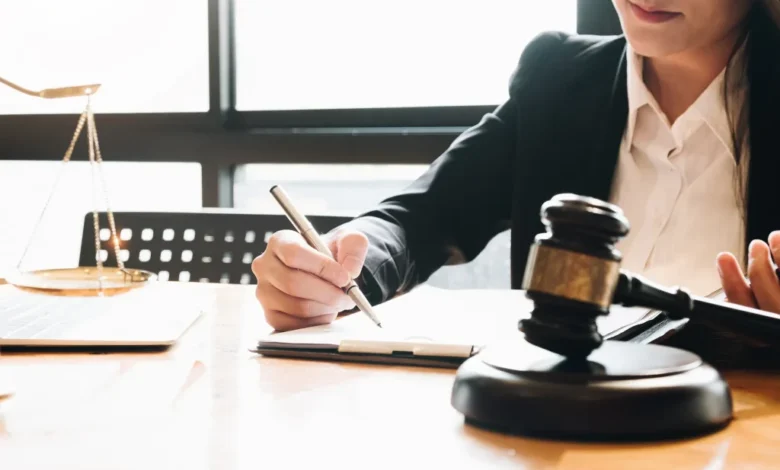What Should I Expect During a Criminal Defense Case in Oklahoma?

If you’ve been charged with a crime in Oklahoma City, your first call should be to a criminal defense lawyer in Oklahoma City. But even with a lawyer on your side, the process can be a bit scary and overwhelming, so it helps to know a bit about what’s going to happen.
From a Criminal Defense Lawyer in Oklahoma City: What to Expect
Arrest
After the police have done enough investigation to believe they have a viable suspect, they will make an arrest. They will have run this by the prosecutor’s office, and the prosecutor will have looked through the evidence to decide if they agree there should be an arrest or if they think further investigation is warranted.
If a prosecutor agrees to arrest, that means they believe that enough evidence exists to prove beyond a reasonable doubt that you committed the crime. That’s why you should get your lawyer involved right from the beginning. Your lawyer will immediately push to discover all evidence against you and develop a plan to defend you against it. Click here to learn more.
Arraignment
The first time that you go to court is the arraignment, where your legal rights will be described, you will plead (almost always “not guilty), and the judge will set bond. In some cases, the court may let you go on your own recognizance. You also receive a copy of the Information and Probable Cause Affidavit at this point, so you know what they are saying you did and have a brief rundown of the evidence they have.
The next step depends on whether you’re being charged with a felony or a misdemeanor. Things are faster with a misdemeanor, where you are placed on a disposition docket and must decide whether to plead no contest or go to trial. While you wait, your attorney will gather evidence and negotiate with the prosecutors’ office. For felony charges, there will be a preliminary hearing conference where your lawyer and the prosecutor will negotiate, and if they can’t come to an agreement, the next step is the preliminary hearing. Here, a judge will decide whether there is enough evidence against you to go to trial.
Hearings and Dockets
If the judge decides to allow the case to continue, there will be more hearings. These are another opportunity to resolve the situation with a plea bargain, and your lawyer will negotiate this on your behalf. This is also a chance for your lawyer to challenge evidence to keep it from being used against you in court and to make various motions that may help your case in trial.
Trial
If your case goes to trial, at this point, it becomes the state’s responsibility to prove beyond a reasonable doubt that you committed the crime. Your lawyer will, of course, defend you. You will only be found guilty in a jury trial if all 12 members of the jury can agree that you are guilty.
There are more possible steps after this, like making an appeal, but it will all depend on your specific case and your lawyer’s advice. Be sure to talk with a lawyer as soon as possible if you’ve been charged for help at every step of this process.
Keep up-to-date with breaking news and updates on Usafastmagazine.com





